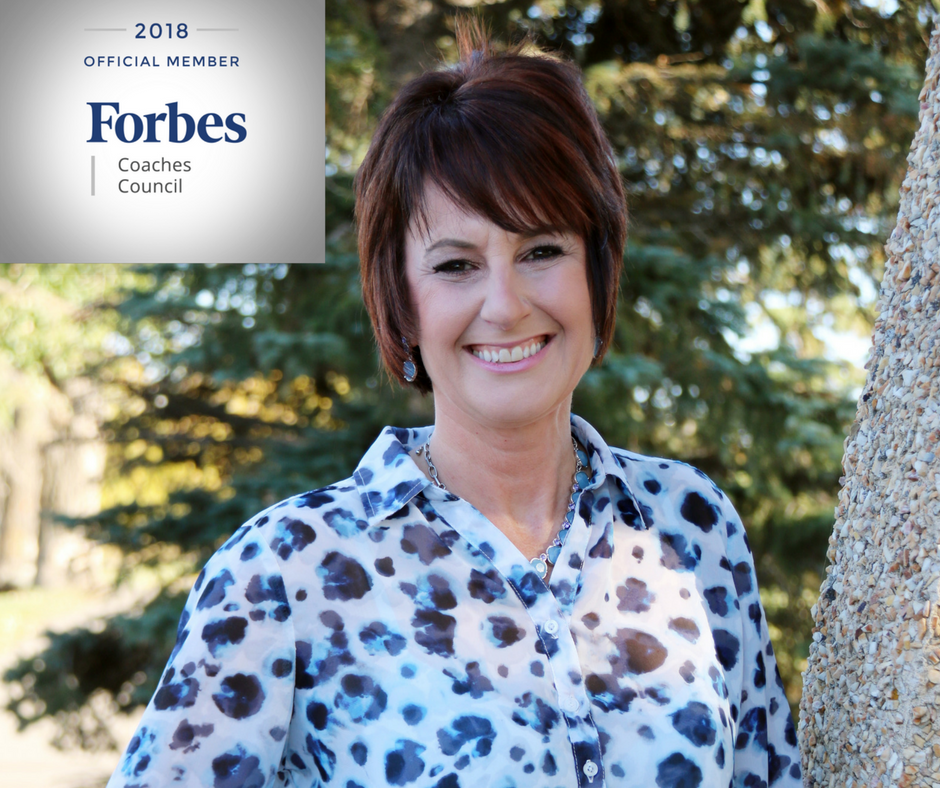Lately I’ve been seeing far more front to mid-level managers and fewer senior executives attending Great Supervision training. These training sessions are about investing in the supervisory skills of the people within an organization. Skills like better communication and how to interact more effectively, how to minimize gossip, and how to have better kinds of conversations when conflict comes up. Quite regularly, these front and mid-level participants say to me, “I wish my supervisor were here.”
In this week’s Tips Tuesday for Leaders video, we’ll talk about why it’s critical to continue your education as a leader. (If you’d rather read about these than watch the video, keep scrolling to see the transcript.)
Never Stop Learning Video Transcript
Hi! Karin Naslund here with Naslund Consulting. Welcome to another Tips Tuesday for Leaders! Today I want to talk with you about the importance of continuing your education as a leader.
It seems that after a point in time, we focus less on our own education and spend more time investing in our staff’s education. Now, this is critical too, but alongside this, we should also be continuing to grow and develop; we know that our work environments and the particular work that we do is evolving and we need to stay in pace with it.
Learning Process: Relationships
I often see many front line and mid-level managers attending my training sessions. Those training sessions are about investing in those supervisory skills of the people within an organization. So they’re learning things like better communication and how to interact more effectively. They’re gaining insight into the importance of putting practices in place around minimizing gossip — and how to have better kinds of conversations in terms of difficult situations. Quite regularly, those participants say to me, “I wish my supervisor were here.” They know that when they go back into the organization, the leaders aren’t as equipped to take that information and implement it. There is potentially some resistance to some of the suggestions in terms of moving forward because, again, we’re looking at people who have evolved over time, and the needs of staff coming into organizations today are so very different from years gone by. Regardless of the kind of organization you’re in — nonprofit, government, trades — the staff of today are asking for more relationship-type support in the workplace. It’s no longer about “Keep home at home and work at work”. They’re wanting that development of support between the supervisor and the staff person, as well as among team members.
The importance of being a great supervisor is even more important today. Having the skills that go alongside this is also very important. Some people refer to these skills as the “soft skills” of the work environment. Yes, they very much are the kinds of things like communication and the ability to support staff through change and conflict, as well as understanding the generational differences in values that are now within your work environment.
Learning Process: Facilitating Conversations is a Retention Strategy?
During training, I also provide people with the skills they need to facilitate conversations, which really means letting go of the decision-making, stepping back, and being able to allow your employees to do the work and come out with the decisions at the end of the day. This is clearly a retention strategy, and it’s something that staff are asking us for. They want to be able to be part of decision-making, so to be able to develop your own skills around this is going to make a difference to them.
Learning Process: Leadership
In terms of what I’m seeing at my trainings, again, I’m seeing far more front to mid-level managers and fewer senior executives really taking hold and moving forward. Since I’ve been doing this training (going on 12 years now!) things have changed, times have changed and my training has changed to adapt. Even through you may think you have the skills necessary to be that great supervisor, in fact, because of the changing times, the skills that you may have learned way back when are no longer relevant because people are different coming into our work environments. So, please pay attention to your own development — whether that be coming to a course face-to-face, continuing your development online, or doing a combination.
One more crucial thing: development stimulates us as leaders and what goes on within the organization. It allows for creativity and progressive, forward thinking. Rather than hanging on to what has gone on in the past, we can look at doing things differently to align more with our work environments today.
With all of this in mind, remember: Success is yours! Bye for now!

Karin Naslund
CEO & Principal Consultant, Naslund Consulting Group Inc.
Karin Naslund is the CEO of Naslund Consulting Group Inc. and Principal Consultant. She has been working as a leader with human service organizations in the nonprofit sector for over 25 years. Recently, Karin became a Forbes Coaches Council Member and Contributor on Forbes.com.
